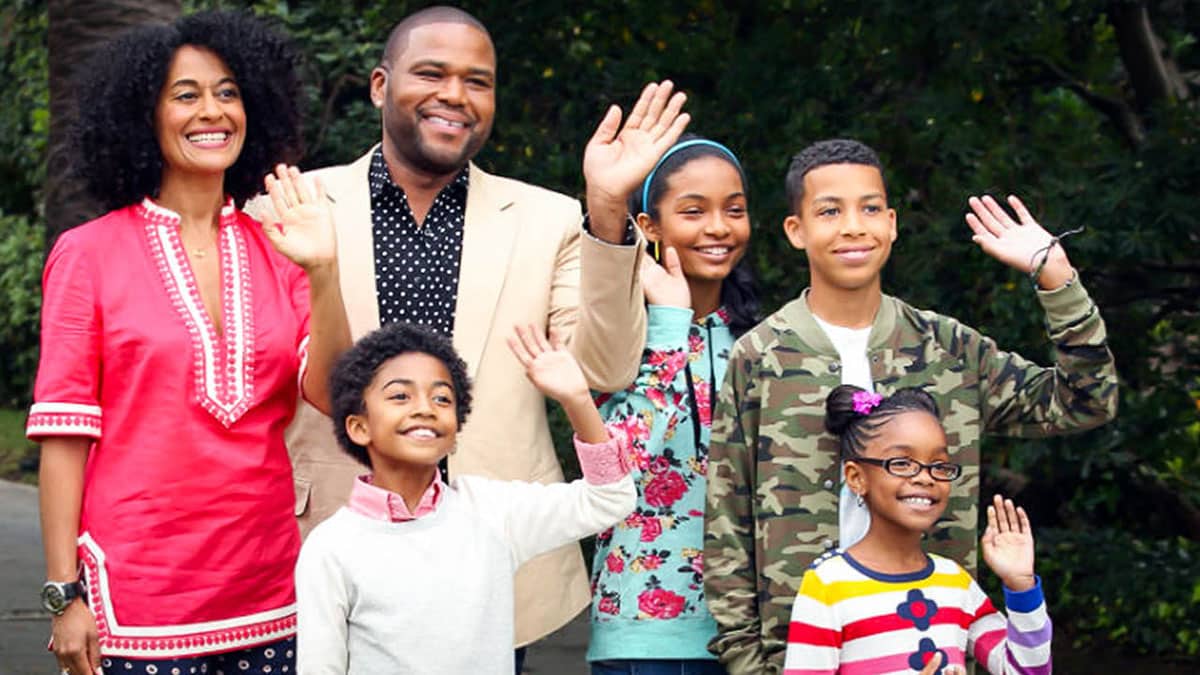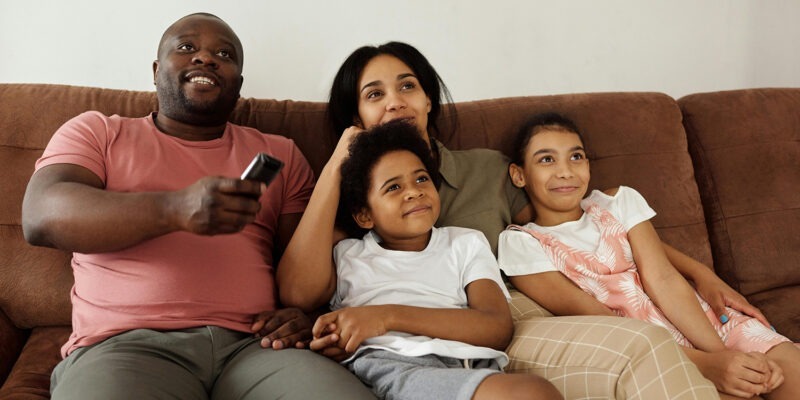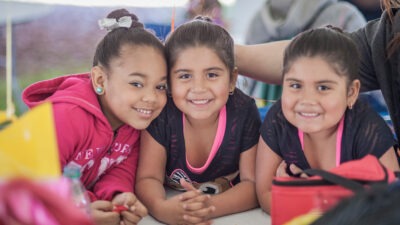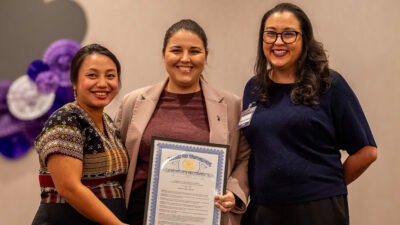Parenting today comes with a host of challenges, and more often than not, families look to media for reflection and guidance. What we watch also shapes how we think. From touching moments to difficult conversations, parenting portrayals in television and film often mirror the complex reality of raising children and influence how young viewers understand family, identity and resilience. Our previous blog, “What Netflix’s ‘Adolescence’ reveals about the pitfalls of social media and how parents can support their children,” explores how trusted adults play a vital role in guiding the next generation toward healthier digital habits, both online and on screen.
Shows and movies offer a wide range of parenting examples, some uplifting and others more complicated. In ABC’s “Black-ish,” viewers see a family navigate everything from racial identity to work-life balance. The show presents parents who are loving, flawed and trying their best, giving children a model of family life that embraces honesty and growth. In contrast, Netflix’s “Atypical” explores what it means to parent a child with autism, showing both the struggles and the deep love that drives each decision. These stories reflect what many families experience behind closed doors and provide opportunities for children to better understand empathy, acceptance and communication.
A 2021 survey found that 56 percent of parents believe that the way families are portrayed in media influences how children view their own family dynamics. This speaks to the quiet power of storytelling. Whether it’s laughter around the dinner table or a hard conversation in the living room, children are constantly learning what family should look and feel like.

The 2023 film “The Starling Girl” also offers a window into parenting under pressure. Set in a conservative religious community, the movie portrays a teenager struggling with autonomy while her parents grapple with tradition and trust. It is a powerful reminder that supporting children means giving them space to grow, question and sometimes fall, while still being there to help them get back up.
Every child deserves the opportunity to thrive. That means recognizing the power of community, supporting trusted adults and promoting stories that reflect the lived experiences of families across the country. Watching media together can be a meaningful way to connect and spark conversations that support children’s emotional growth and understanding of family. Here are a few ways to make those moments count:
- Talk about what felt real or relatable. Point out situations that reflect your own family’s experiences and ask your child if it felt familiar to them.
- Notice what felt off or unrealistic. Discuss moments that seemed exaggerated or out of place, and talk about how those portrayals differ from real life.
- Reflect on how different families show love and support. Highlight the variety of parenting styles and traditions shown on screen to reinforce that there’s no single way to be a family.
- Ask your child how they would respond in a similar situation. This helps them build empathy and practice thinking through different points of view.
- Highlight examples of care, respect or resilience in characters. Use positive moments in a storyline to reinforce values you want to nurture at home.
Whether fictional or real, the narratives we share can open hearts and start conversations. And when those conversations center children, we move closer to a future where every family has the power to build their own path forward.







Comments